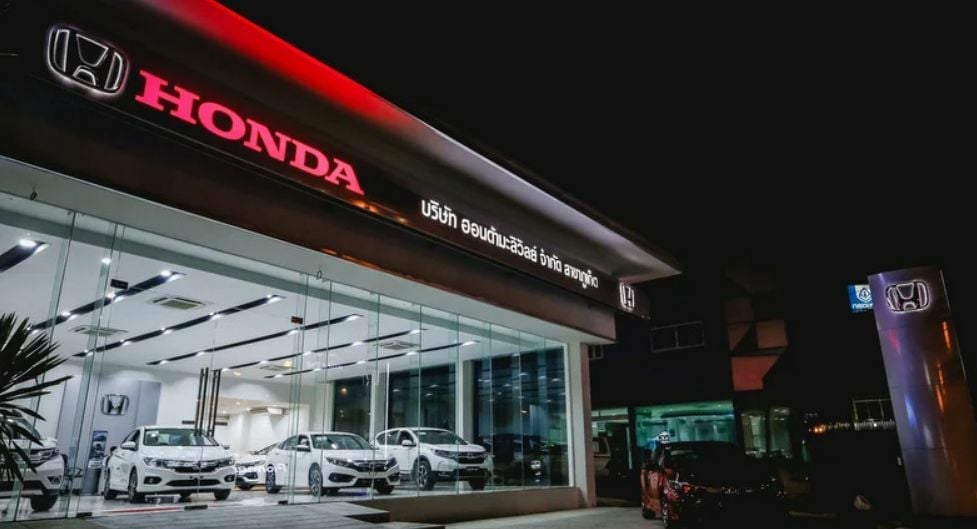Thailand’s steel sales slump 11 to 12% due to weak car market

Thailand’s sluggish car sales prompted an 11 to 12% decline in premium-grade steel sales during the first four months of 2024, raising concerns about reduced steel consumption this year, according to the Federation of Thai Industries (FTI).
FTI Iron and Steel Industry Club Vice-Chairman Nava Chantanasurakon stated that local steel manufacturers are bracing for a tough period, with expectations of a drop in steel demand across all industrial sectors.
“The premium-grade steel supplied to the automotive industry decreased because car production decreased and domestic car sales dropped amid weak consumer purchasing power and debt issues.”
High household debt levels have led banks to become more cautious, imposing stricter criteria for car loans to avoid non-performing loans. In the fourth quarter of 2023, household debt reached 16.3 trillion baht (US$448 billion), representing 91.3% of the GDP, as reported by the National Economic and Social Development Council.
The FTI’s Automotive Industry Club reported a 17% year-on-year decrease in car manufacturing from January to April, totalling 518,790 units. During the same period, domestic car sales fell by 23.9% year-on-year, amounting to 210,494 units.
Naved noted that lower demand for products used in house improvement and delayed state budget spending on new construction projects have also contributed to the below-average steel sales.
Thailand’s annual steel consumption is approximately 16 million tonnes, with current capacity utilisation at a record low of 28%.
Nava anticipates a further reduction in steel consumption during the latter half of 2024 due to the rainy season, which aligns with the off-peak period for the steel market.
The impact of cheap steel imports from China remains a significant concern.
Tata Steel (Thailand) Plc, a subsidiary of India’s largest steelmaker, expressed worries as China continues to flood Southeast Asia with inexpensive steel products amid its slowing economy.
Nava also voiced apprehension over Chinese steelmaker Xin Ke Yuan Steel’s plan to establish a hot-rolled steel factory in Rayong with a production capacity of 6 million tonnes, which could intensify market competition.
“The Board of Investment is considering approving its investment plan. Approval of the plan would affect local steel manufacturers.”
As the market conditions evolve, the Thai steel industry faces multiple challenges, from domestic consumption drops to the pressures of international competition, necessitating strategic adjustments to navigate this complex landscape, reported Bangkok Post.
Latest Thailand News
Follow The Thaiger on Google News:


























